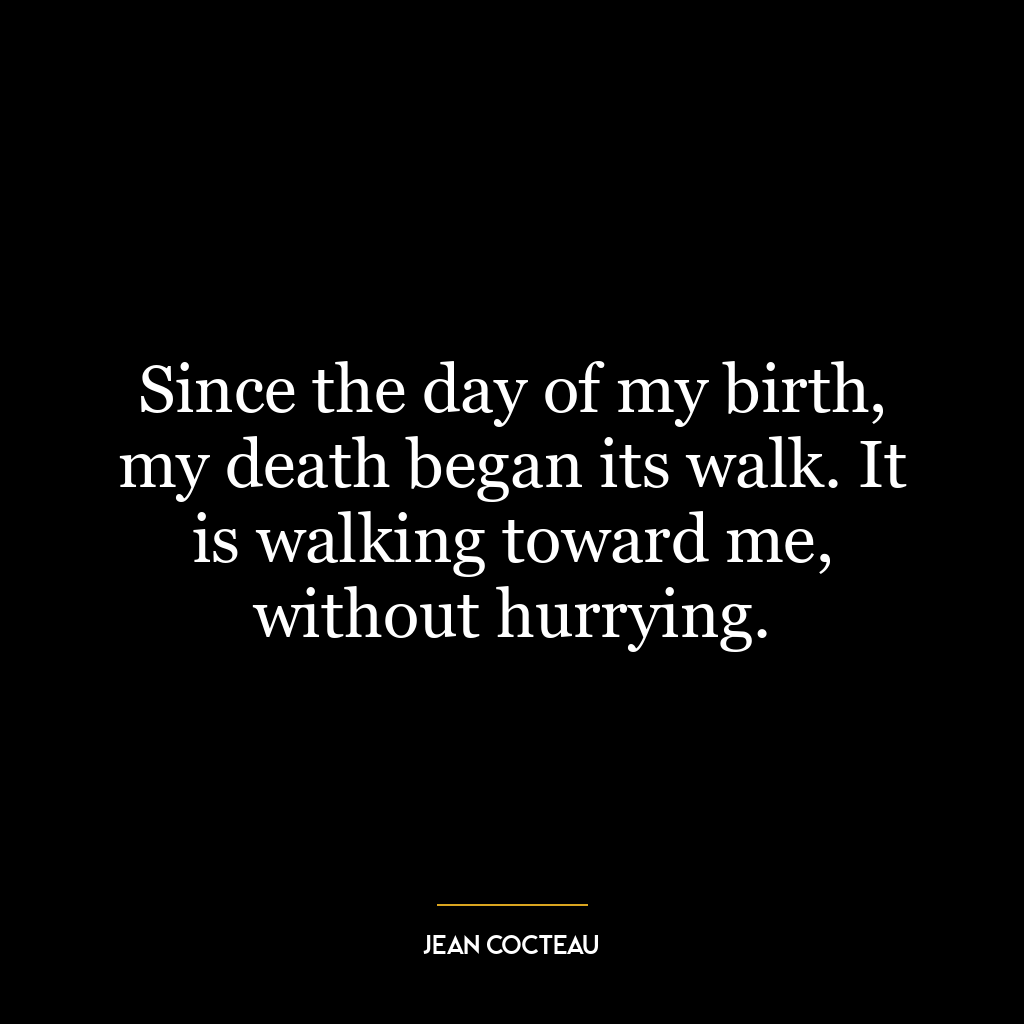This quote essentially suggests that a nation, or any entity for that matter, often contributes to its own downfall through the actions it takes. The "stone" Thoreau refers to is symbolic of the efforts, resources, and energy that a nation puts into various pursuits. By saying that most of the stone goes towards its tomb, Thoreau implies that these efforts often lead to self-destruction rather than progress.
The act of a nation "burying itself alive" signifies a process where the very actions intended for growth and prosperity inadvertently lead to decline and decay. This could be due to a variety of reasons such as short-sighted policies, unsustainable practices, internal strife, or neglecting the welfare of its people.
Applying this concept to today’s world, we can see examples of this in the context of climate change. Many nations, in their pursuit of economic growth, have exploited natural resources to a point where it’s causing significant environmental damage and threatening the very survival of the planet. Despite knowing the consequences, these nations continue their harmful practices, thereby contributing to their own ‘tomb’.
On a personal development level, this quote can be seen as a cautionary note against self-sabotage. Often, in our pursuit of success or happiness, we may adopt unhealthy habits, neglect our physical or mental health, or compromise on our values, all of which can lead to our downfall. We, in essence, might be ‘burying ourselves alive’ by making choices that harm us in the long run.
Therefore, the quote serves as a reminder to reflect on our actions, whether as a nation or an individual, to ensure that they lead us towards growth and prosperity rather than our own demise.









